Photo by: NOAA Fisheries/West Coast Marine Mammal Stranding Network
A somber scene unfolded in Long Beach Harbor this weekend as responders from the West Coast Marine Mammal Stranding Network recovered the body of a young male minke whale. Measuring about 24 feet long, the subadult whale was seen circling the harbor for most of the week before it was discovered deceased on Sunday morning.
Responders conducted a thorough examination of the carcass, noting minor scrapes likely caused by contact with rocks in the harbor. However, no immediate or obvious cause of death was found. Blood and tissue samples were collected and sent for analysis—a process that may take several weeks. These tests could provide critical insight into whether underlying health issues or environmental factors contributed to the whale’s death.
This response effort was made possible by the collaboration of several dedicated organizations, including Ocean Animal Response and Research Alliance, Marine Mammal Care Center of Los Angeles, and Pacific Marine Mammal Center. These groups play a vital role in marine mammal rescue and rehabilitation, particularly in monitoring the effects of domoic acid. This marine toxin has become more prevalent due to the surge in harmful algal blooms following the devastating California wildfires. In the past two months, domoic acid has been linked to numerous marine animal fatalities.
Minke whales are the smallest of the “great whales” (baleen whales), typically growing up to 35 feet in length and weighing 20,000 pounds. Found in oceans around the world, they are generally solitary animals and are known for their curious nature. While populations are currently considered stable, minke whales face numerous threats, including entanglement in fishing gear, ocean noise, climate change, and exposure to pollutants and marine toxins like domoic acid.
Every loss of a marine mammal highlights the delicate balance these creatures must navigate amid the evolving challenges of today’s oceans. By supporting frontline organizations and staying informed about ocean health, we can contribute to the preservation of these remarkable animals for future generations.
If you see an injured, entangled, or dead marine mammal, please call the NOAA Fisheries 24-hour Stranding Hotline at (866) 755-6622


